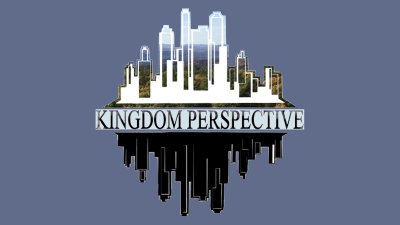Transcript:
Hello, this is Pastor Don Willeman of Christ Redeemer Church. Welcome to The Kingdom Perspective.
How should we engage in a world that’s confused and sometimes even hostile to our faith? Should we make it our ambition to malign them, patting ourselves on the back about how good we are and how bad they are? No, rather, we should just be ordinary people, living ordinary lives, loving our neighbors.
The church in Thessalonica had experienced intense opposition (1 Thess. 1:6-7; Acts 17:1-15), and so they provide a great backdrop of how to live in a difficult context.
So, what do we learn from them? Essentially two things.
First, according the 1 Thessalonians 4 we should “excel” in modeling genuine loving community in our relations within the church. How we live together as God’s people—how we love and care for one another—is most critical.
But then, secondly, Paul directs us to:
11 … make it [our] ambition to lead a quiet life and attend to [our] own business and work with [our] hands… 12 so that [we] will behave properly toward outsiders and not be in any need.
You see, God doesn’t call us to be extraordinary—to be “great for God!” And He certainly doesn’t call us to be extraordinarily difficult people. Rather, He calls us to be extraordinary in our ordinariness.
How do you live as a Christian in the world? Well, if you are a doctor, be the best doctor you can be. If you are a mechanic, be the best mechanic you can be. If you are a teacher, be the best teacher you can be. If you are an engineer, be the best engineer you can be. And do all of it, for the sake of Jesus. Why? Paul gives two reasons:
1) so that you can be of service to your neighbors and co-workers, and
2) so that you can provide for your own family, so as not to be a burden to others.
So, how are you doing with this?
Something to think about from The Kingdom Perspective.
“Finally, then, brothers, we ask and urge you in the Lord Jesus, that as you received from us how you ought to walk and to please God, just as you are doing, that you do so more and more. For you know what instructions we gave you through the Lord Jesus. For this is the will of God, your sanctification: that you abstain from sexual immorality; that each one of you know how to control his own bodyin holiness and honor, not in the passion of lust like the Gentiles who do not know God; that no one transgress and wrong his brother in this matter, because the Lord is an avenger in all these things, as we told you beforehand and solemnly warned you. For God has not called us for impurity, but in holiness. Therefore whoever disregards this, disregards not man but God, who gives his Holy Spirit to you.
Now concerning brotherly love you have no need for anyone to write to you, for you yourselves have been taught by God to love one another, for that indeed is what you are doing to all the brothers throughout Macedonia. But we urge you, brothers, to do this more and more, and to aspire to live quietly, and to mind your own affairs, and to work with your hands, as we instructed you, so that you may walk properly before outsiders and be dependent on no one.”
~ 1 Thessalonians 4:1-12 (ESV)






